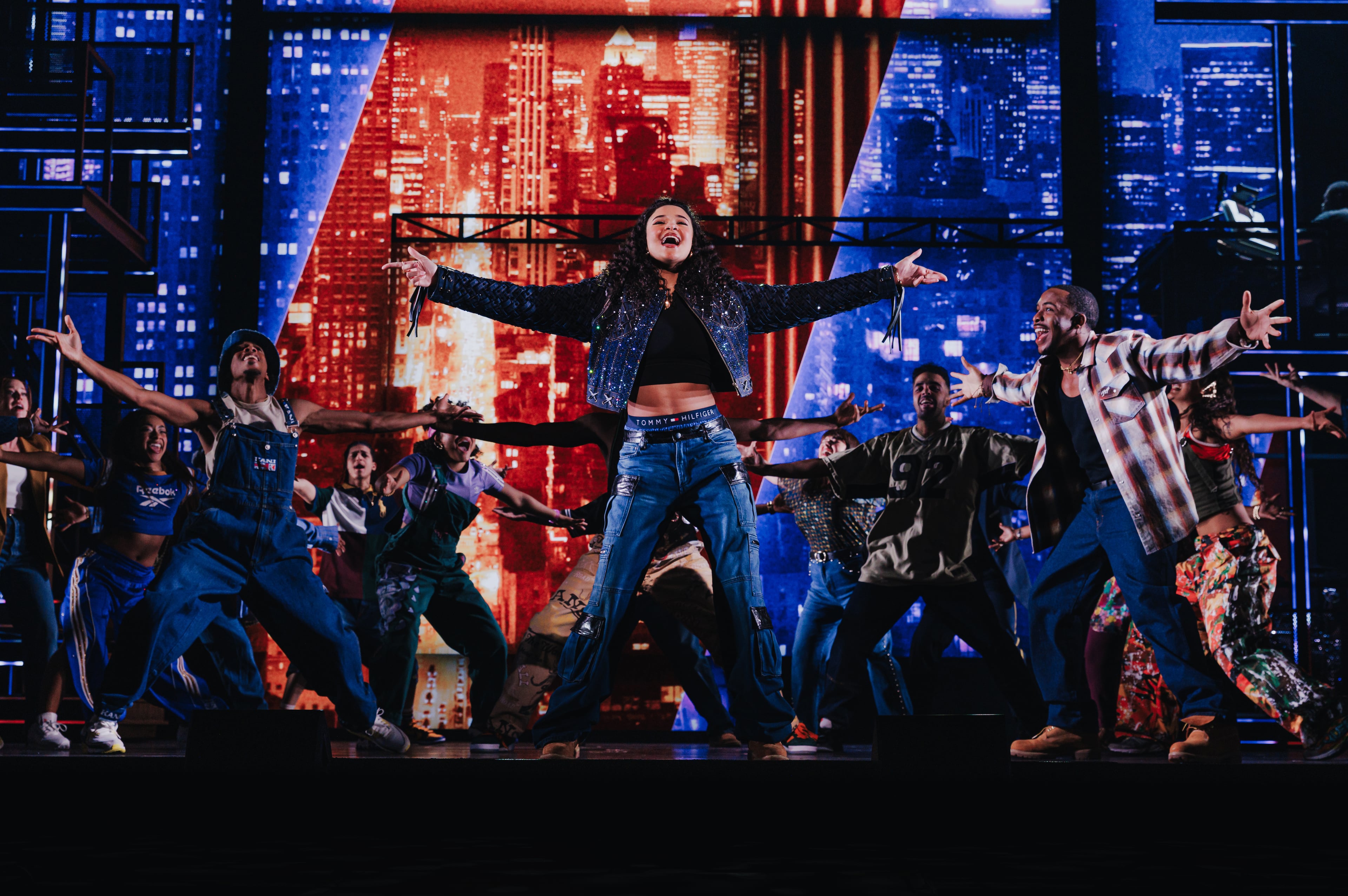Reunion show memorializes Atlanta's punk scene
There was a music scene in Atlanta, and two of the clubs that made it happen flowered and died in the 1980s.
Lauded as centers of the Atlanta punk scene, 688 (on Spring Street in Midtown) and the Metroplex (among the urban blight of Marietta Street) were much more than that.
They were entertainment destinations, launching pads for new bands and regular stops for innovative musicians from New York and London. Most of all, they offered a place for scene-makers to congregate, where the curious, the flamboyant, the tourists, the clean suburbanites and crusty intowners could find each other.
A remarkable collection of national bands played at both venues; 688 offered pop (the Go-Gos), punk (the Ramones) and alternative (Iggy Pop, the Red Hot Chili Peppers, way early in their career). The Metroplex was more niche, leaning toward hardcore (Circle Jerks, Bad Brains). Georgia bands incubated on their sticky stages, including the Swimming Pool Qs and a very young R.E.M. featuring a lead singer too shy to face the audience.
Then the '80s lapsed. The Metroplex fell on hard times and burned; 688 became a dance club, then was demolished.
On Saturday Steve May, former co-owner of the 688 and Paul Cornwell, former owner of the Metroplex, have invited fans and musicians to a reunion concert at Masquerade, on North Avenue, featuring such local notables as the Swimming Pool Qs, a reconstituted version of The Brains, stylist and performer Phreddy Vomit, former 688 DJ (and music business high-roller) Mark Williams and others.
A brief update on a few notables connected to the reunion concert:
STEVE MAY
Claim to fame: Former co-owner of 688.
Before that: Mixed sound for the Sex Pistols when they played the Great Southeast Music Hall in 1978 — "but I didn't like them."
Dirtiest show: Iggy Pop's "teen" show, the first of a week of shows at 688 in 1980.
Lewdest graffiti: By the Bangles; flying vibrators were involved.
688 memory: George Clinton mixing a show by the Chili Peppers, then joining them onstage for "Atomic Dog."
After-club life: May worked in computers; now he lives in Savannah and grows pecans in South Georgia.
PAUL CORNWELL
Claim to fame: Co-owner of the Metroplex.
Lasting influence: "I guess [the Metroplex scene] still influences style and clothing. I don't know if it influences what kids listen to, I know they still wear T-shirts from G.B.H., Agnostic Front and Bad Brains. They don't take those shirts off."
Memorable show: Megadeth.
Bands that slept on the floor at the Metroplex: Megadeth, the Butthole Surfers, the Dead Kennedys, the Red Hot Chili Peppers, many others.
Turning point: Booking Timothy Leary for an alternative convention during the Democratic Convention in 1988. The cost put the club in debt and made Cornwell take on a partner, with resulting conflict leading to the end of the club.
After-club life: Cornwell owns a rock memorabilia shop in East Atlanta called Rock Star Gold, and is trying to establish an Atlanta Music Museum. Some proceeds from the reunion concert will benefit the museum.
JEFF CALDER
Claim to fame: Co-leader of the Swimming Pool Qs, the highly literate Atlanta rock band that cut its teeth at 688, and will play at the reunion concert.
688 memory: During one performance at 688, Calder wore his paisley suit, now at the Georgia Music Hall of Fame. The suit impressed a certain visitor: "Prince was at the Agora [a tonier music hall from the same time period]. He came over to 688 afterward. That's when Prince was still wearing the underpants. Prince saw me in the suit, and we were talking, as much as a conversation would have been with Prince, and the next thing I knew everything with him was paisley."
TOM GRAY
Claim to fame: The brain behind The Brains, an Atlanta band that flared brightly and briefly in the '80s, and wrote "Money Changes Everything." Gray and Brains drummer Charles Wolff will perform at the reunion concert, backed by the Pool Qs.
688 memory: "I remember I saw Squeeze [during its first Atlanta appearance]; there were probably about 10 people in the audience.
Graffiti: "When the place was closed we would go in the ladies' room and check out the graffiti. There was not much about me but a lot about my other band members. [Was it complimentary?] Yeah, for the most part.
After the Brains: Gray plays in traditional blues band Delta Moon.


